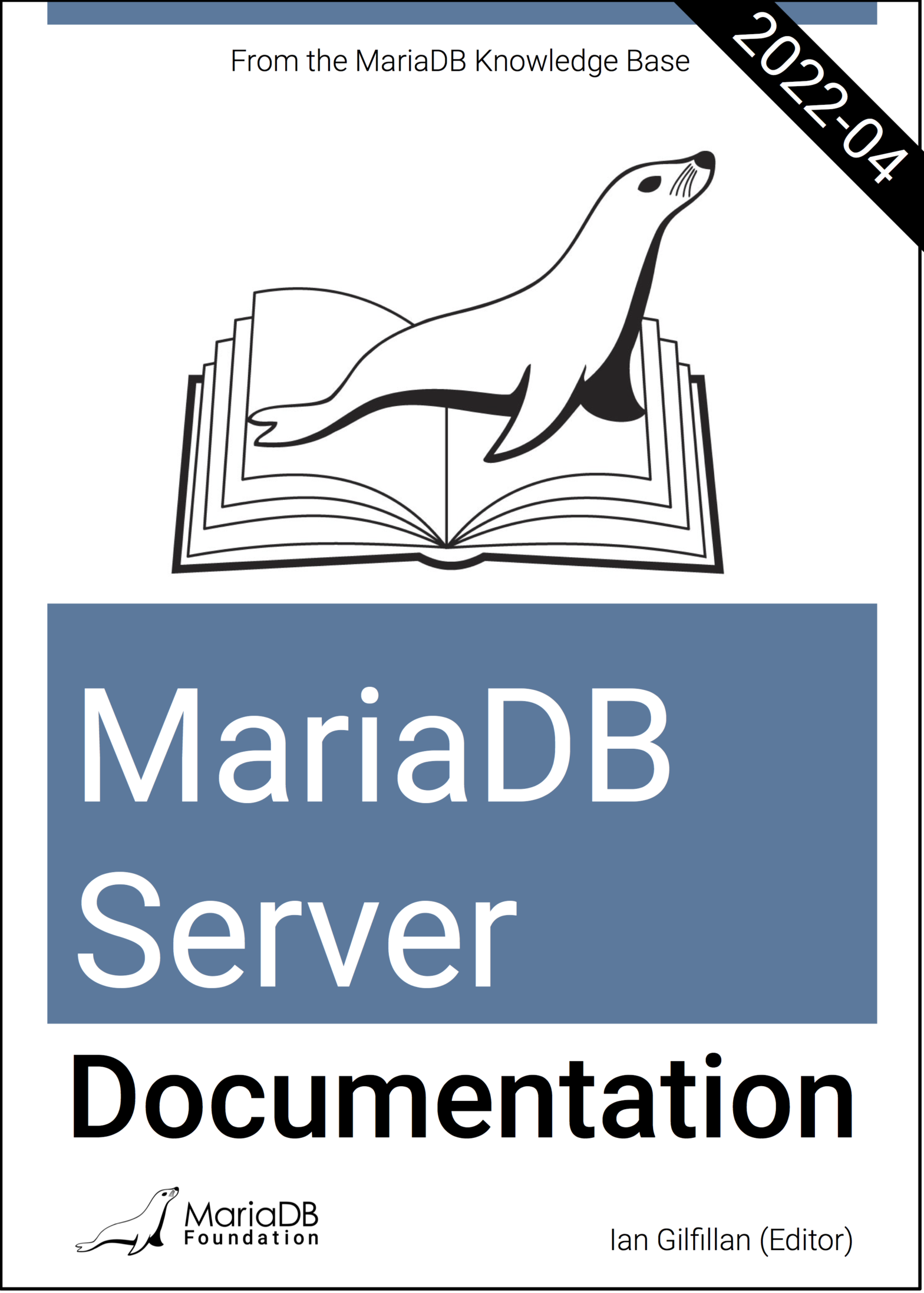Category Archives: Using MariaDB
Our Board Meeting in April 2022 elected two seasoned new voting board members. One of them is Xiang Peng (Sean), Director, RDS Open Source Databases at Alibaba Cloud. I had the pleasure of having a Fireside Chat with him, which we recorded and put up on YouTube. Read on for his recommendations for MariaDB Foundation in China.
A Man With the Right CV for MariaDB Foundation
Sean, as he calls himself for those of us who have problems remembering, reading or writing his real name 彭祥, is a great resource for MariaDB Foundation.
…
Continue reading “China Has Great Potential for MariaDB Server”
A few weeks ago we hosted a webinar together with Acronis and CPanel on security and backup best practices as both provide software in this space. Acronis develops Cyber Security cloud based software particularly specializing in backup and disaster recovery for other service providers. CPanel in turn helps those service providers to enable their customers to administer their systems via a fully fledged dashboard. The webinar was a follow-up on another join presentation at CloudFest. The webinar presented quite a number of good ideas and I highly recommend you watch it.
…
Continue reading “Cyber Protection – best practices for backing up data”
MariaDB Server Documentation is now released as a single PDF file, browsable offline. Download the over 3000 pages and check it out!
Better late than never
Some things take long! In 2014, there was a request on Jira for delivering the MariaDB Server Knowledgebase in one PDF file. That’s over seven years ago. MDEV-6881, you see it in the number already – we are now at well beyond MDEV-28000.
The request has always been in the back of our heads. What triggered it now was playing around with Python and the relative ease of transforming one format to another, including PDF.
…
In the previous blog, a background Deployment resource was created from a YAML file, consisting of a single container (MariaDB) that acts as a background container.
In this blog we are going to proceed to create the frontend container to communicate with the backend through a Service and other resources.
About Services
When an application is run through the Deployment Pods are created and destroyed dynamically. When created, they get the internal IP address in a cluster, and since they are ephemeral, there needs to be a stable way to allow communications between Pods.
…
Continue reading “MariaDB & K8s: Communication between containers/Deployments”
In this blog we are going to see how to create a link to a remote server and use it to access multiple tables at once.
In the previous blog we have seen how to establish a remote connection between Docker containers.
The way we did it was to specify the connection string to reference a single table only.
But what if we need more tables, what if need a whole database?
The solution is to link to a remote database with the CREATE SERVER statement.
A link obtained this way can be passed to the CREATE TABLE statement of a storage engine (SE) to make a connection where using the table discovery feature SE will find out about the table fields and create the table.
…
Continue reading “Create a link to a remote server and access data using CONNECT SE”
CONNECT is a storage engine (SE) plugin used to access external, local or remote data. In this blog we are going to show how to install the CONNECT storage engine in a Docker container and how to share JSON data between containers.
Enabling CONNECT SE plugin in Docker
CONNECT SE needs to be installed within the container in order to use it. To see how to do that please check Installing plugins in the MariaDB Docker Library Container.
Create JSON data on remote server
The most important feature of CONNECT SE to MariaDB is the flexibility to create tables from various data sources, like the same database and other DMBS’s tables or files with different formats.
…
Continue reading “Using CONNECT SE to access remote JSON data with demo examples in Docker”
MariaDB plugins are software components that may be added to the core software without the need to rebuild the MariaDB Server. Plugins can be storage engines, additional security requirements, special log information about the server and others. MariaDB has a large number of built-in plugins which are permanently installed (listed in SHOW PLUGINS query). Plugins can be loaded at start-up, during initialization, or loaded dynamically when the server is running.
In this blog we are going to see how to list available plugins in the MariaDB container as well as the methods of installing plugins in a container.
…
Continue reading “Installing plugins in the MariaDB Docker Library Container”
The “Misc features” preview includes all the other features that did not make it into a separate dedicated preview binary.
MariaDB Server 10.7 includes the JSON_EQUALS function, which compares inputs as JSON objects, regardless of whitespace, key order, or number format.
(more…) …
Continue reading “10.7 feature preview: Miscellaneous features”

